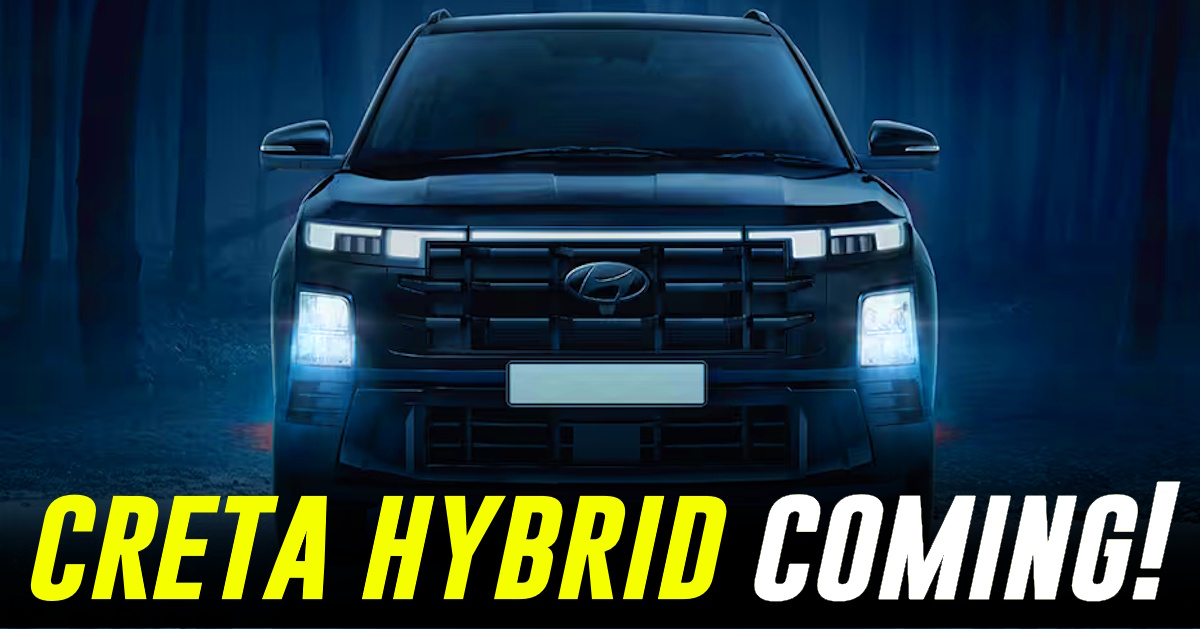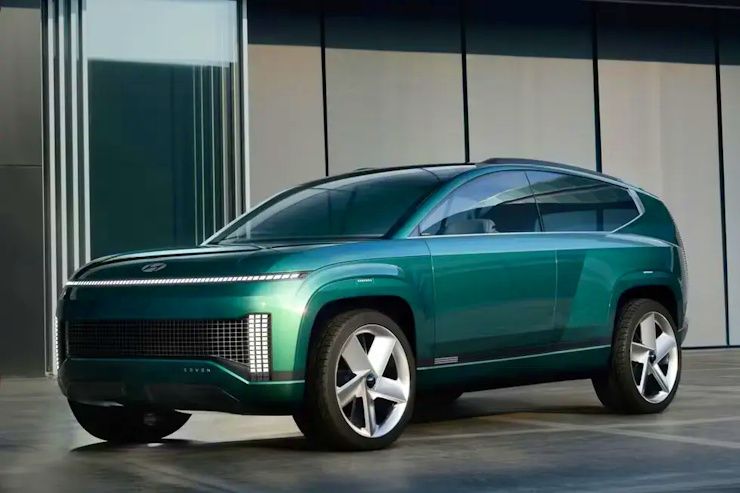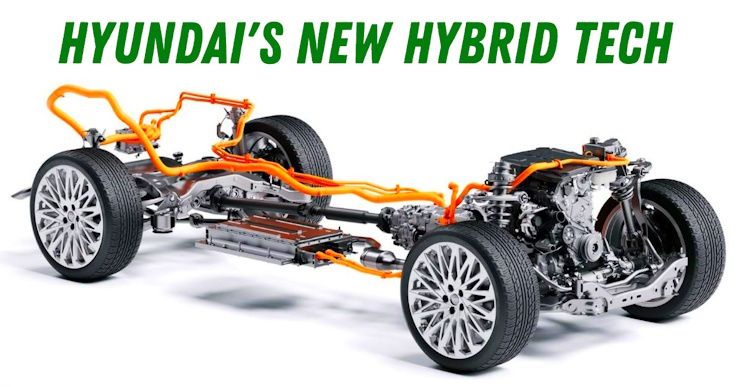Hyundai's Hybrid Cars and SUVs Coming To India


Petrol prices are high, electric cars are tempting but still expensive and tricky to charge, and everyone wants a car that’s both practical and future-ready. Into this mix, Hyundai is gearing up to launch its first set of hybrid cars and SUVs in India.

Leading this transition is a new three-row SUV, codenamed “Ni1i,” which will sit above the Alcazar and just below the Tucson in the line-up. Designed to meet the demands of space-conscious families, the SUV will rival popular names like the XUV700 and Safari. Production is expected to begin in 2027 at Hyundai’s upcoming manufacturing facility near Pune.
The model will likely be slightly longer than the Tucson, offering more room and comfort. While the company hasn’t revealed exact specifications, it is expected to run a petrol-hybrid setup, possibly the same 1.6-litre turbocharged engine and electric motor combination used in the Tucson Hybrid overseas. This setup produces around 230 bhp and 350 Nm of torque, while real-world fuel efficiency could fall between 18–20 km/l, depending on conditions.
And that’s just the beginning. A hybrid version of the next-generation Creta is also in development, slated for launch around the same timeframe. This would be Hyundai’s first high-volume hybrid offering here, and could be followed by similar updates to models like the Alcazar and Verna, extending hybrid technology across body styles and budgets.

Hyundai’s hybrids will be powered by a next-generation system unveiled recently. It features a dual-motor arrangement integrated into a specialised transmission—one motor handles ignition and energy recovery, while the other manages propulsion and regenerative braking. The result is smoother acceleration, quieter performance, and far greater fuel efficiency.
Larger models overseas, like the Palisade, have shown what this tech can achieve: up to 45% better mileage than a comparable petrol variant, along with increased power and torque. The 1.6-litre setup, likely to be the cornerstone of local offerings, has been optimised for everyday performance while keeping running costs low.
Beyond the engine bay, these hybrids offer clever features borrowed from electric cars—like regenerative braking that recovers energy when slowing down, a “Stay Mode” that powers the AC and infotainment without starting the engine, and the ability to charge small devices from the car’s battery. They’re designed to be not just efficient, but also incredibly usable.
Until now, Hyundai's local line-up has focused on petrol, diesel, and a few electric imports. But EV adoption, while growing, remains limited by cost and the lack of fast-charging infrastructure. Hybrids, in contrast, are gaining serious traction. They offer better fuel economy than petrol cars, and none of the range or charging worries associated with EVs.
Rather than wait for a charging revolution to unfold, Hyundai is pivoting with a more immediate, practical approach. Its global expertise in hybrid systems is now being deployed where it can have the most impact—vehicles that are affordable, reliable, and easy to run.
The shift to hybrids could mean real-world benefits for those in the market for a new car:
• Considerably better mileage, translating into noticeable savings over time
• No dependency on charging infrastructure—just refuel and go
• Quieter, smoother driving, especially in stop-start traffic
• Spacious cabins, thoughtful features, and the kind of refinement that Hyundai models are known for
• Lower emissions and a reduced environmental footprint
With plans to manufacture up to 50,000 units of the upcoming hybrid SUV annually, Hyundai isn’t dipping its toe in the water—it’s making a serious commitment to hybrids as a core part of its strategy.
At cartoq.com, we have consistently argued that strong hybrids aren’t just a stepping stone before electric vehicles become mainstream. It’s a smart response to what today’s car buyers actually need: efficiency, flexibility, and peace of mind. And with more manufacturers preparing their own hybrid offerings—Kia and Renault to name two—the competition will only push the segment forward.